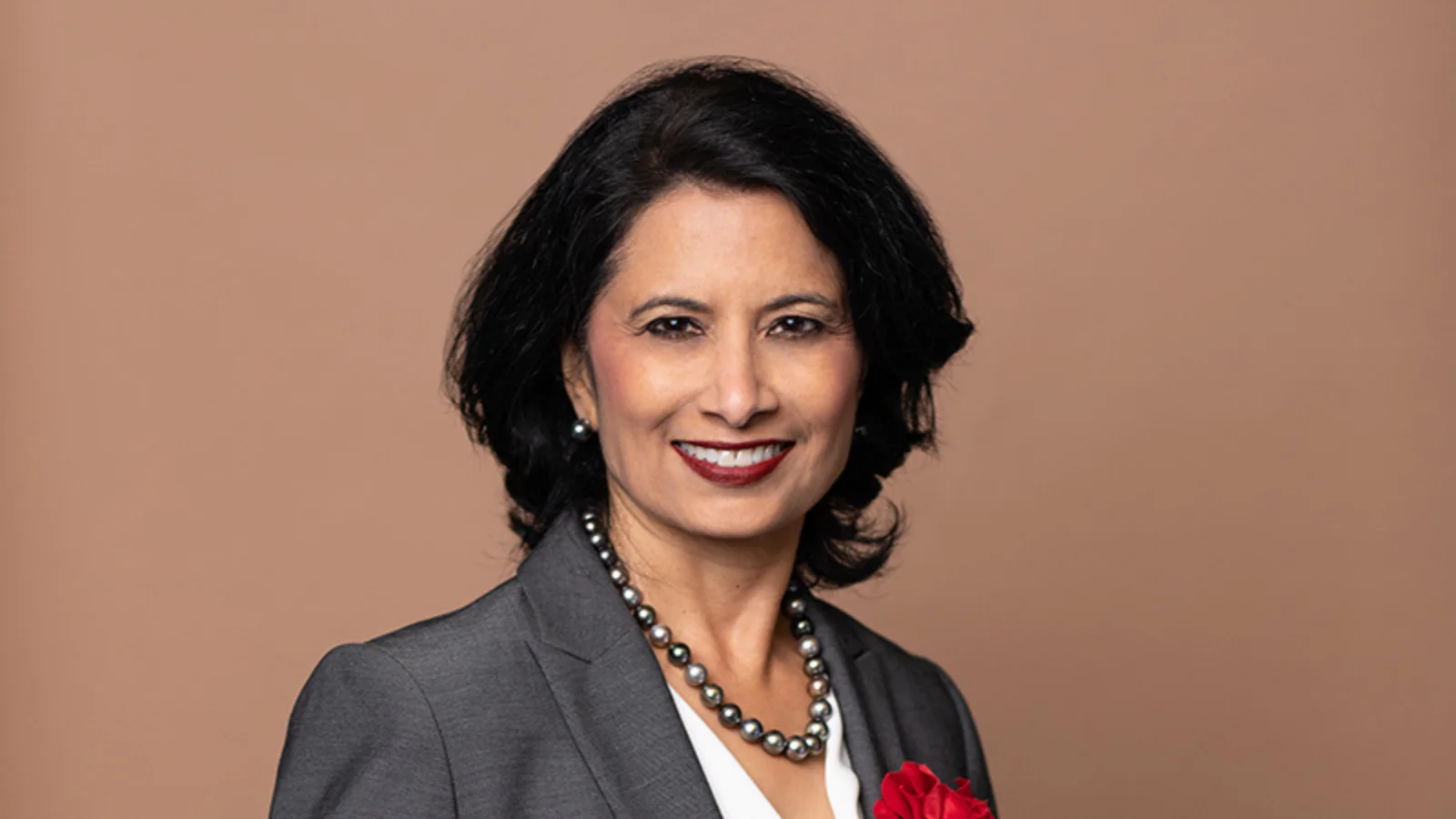Dr. Lani Ackerman, a professor at the University of Houston’s Tilman J. Fertitta Family College of Medicine, has dedicated much of her career to improving health care in underserved communities around the world, with a particular focus on Nepal.
Ackerman says her calling in medicine was clear from childhood. “From the time I was a child, I knew that part of my calling in medicine would be serving in places where people had little or no access to care,” she says. “But as my career progressed, I also discovered a deep passion for teaching — that became my gift.”
Her work has taken her to locations such as Alaska, China and the Amazon jungle before settling into long-term efforts in Nepal. Ackerman describes the challenges faced by health professionals working abroad: “You’re going to care for patients with different languages, cultures and expectations. Working abroad helps you navigate those differences with sensitivity and respect.”
Nepal presents unique obstacles due to its geography. While cities like Kathmandu are relatively well-connected, many rural areas remain isolated by rugged terrain. According to Ackerman, “Access to health care is poor in rural areas, even with all the progress the country has made. Some villages still take two weeks to reach.” Despite improvements since 2010—such as increased life expectancy and government efforts toward universal health coverage—the country continues to face resource constraints and workforce shortages.
Ackerman first began working in the Himalayas in 1990 after practicing medicine and developing educational programs in Bhutan. She later moved to Nepal with her family, where she helped establish a medical school alongside Nepali colleagues and expanded local hospital services focused on maternal and child health.
She recalls their philosophy: “I don’t take credit for anything,” she says. “Our role was to give the people already there what they needed to succeed and to work behind the scenes to support their leadership.” Even after returning to the United States due to political instability and safety concerns during Nepal’s civil war, Ackerman remained involved through regular virtual meetings with local leaders, collaborative research projects, mentoring faculty members, and annual visits.
“Nepal is a rough place to be a physician,” Ackerman says. “But it’s full of people with incredible resilience and heart.”
Recently, she taught at Karnali Academy of Health Sciences (KAHS), one of the highest-altitude medical schools globally—a journey complicated by difficult travel conditions exacerbated during monsoon season.
While public health infrastructure has improved and more medical schools now operate across Nepal, many trained doctors leave for better opportunities abroad due to ongoing political and economic instability—a phenomenon known as brain drain. Ackerman emphasizes sustainable partnerships over short-term missions: “That’s why it’s critical we support them locally — through sustainable partnerships, not short-term missions.”
At UH's Fertitta College of Medicine, Ackerman leads global health initiatives based on collaboration between institutions. In April 2025, UH signed its first memorandum of understanding with a Nepali medical school; this agreement aims for joint research activities, remote faculty development programs and future student exchanges.
“Global health experiences make better doctors,” Ackerman says. “Students come back more humble, more resourceful, more compassionate. They remember why they chose medicine.” She adds that even students who never leave Houston benefit from learning about cultural competence: “This is a truly global city. You’re going to care for patients with different languages, cultures and expectations,” she says. “Working abroad helps you navigate those differences with sensitivity and respect.”
Ackerman reflects on decades spent working alongside Nepali colleagues under challenging circumstances: delivering babies in basic conditions; encountering diseases rarely seen by American physicians; witnessing perseverance among local healthcare workers.
“Nepal is not my country,” she said. “But it’s my second home.”

